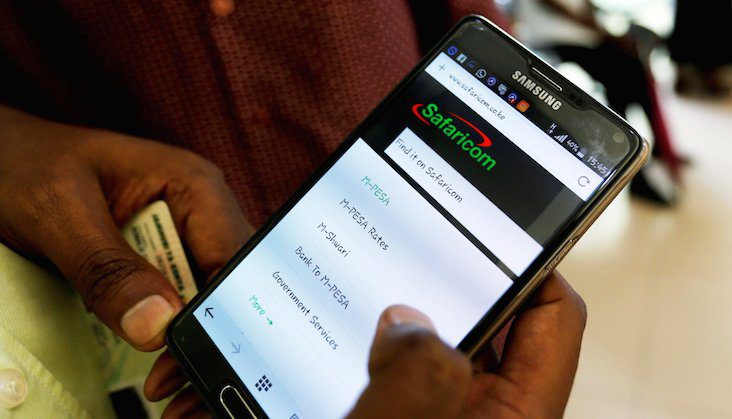Kenya’s Digital Lending Startups Lose Ground To Top Telco’s Credit Push

Fuliza, the overdraft service of Kenya’s top telco Safaricom, is dominating the microloan market, causing a retreat of other digital credit providers, the Competition Authority of Kenya (CAK) reported.
The CAK’s credit market inquiry disclosed that competitors in the microloan segment have been gradually stepping back, adjusting their loan sizes upward, reacting to the market entry of Fuliza.
The CAK report noted that while M-Shwari, a savings and loans service also powered by Safaricom in partnership with local lender NCBA Group, is widely used, Fuliza stands out with the highest number of active users, showcasing its rapid growth since its launch in January 2019. During this period, other providers increased their loan sizes, indicating a form of market segmentation, reports local publication Business Daily.
Between January 2019 and March 2020, Fuliza’s entry caused a significant shake-up, with disbursements growing by 232 percent and the total disbursement value rising by 213 percent, the CAK notes. The overdraft product emerged as the largest in the digital credit market, sidelining several competitors.
During the review period, three out of five digital credit providers experienced a decline in the number and total value of disbursements, while all providers saw an increase in average loan size. Although CAK did not provide Fuliza’s comparative loan size, it remained unchanged.
The competition watchdog suggests that this shift allowed Fuliza to expand its share of the extensive lower-value loan market after competitors retreated.
In the six months ending September of the previous year, Fuliza’s disbursement value surged by 32.8 percent to KES 419.2 B (~USD 2.8 B), and the user base reached 7.5 million, according to Safaricom’s latest disclosures. The average disbursement size, however, decreased by 18.7 percent, reflecting the platform’s focus on micro-loans.
Despite the traction in micro-loans, Safaricom’s earnings from Fuliza declined by 40.3 percent to KES 2 B (~USD 13.6 M) from KES 3.4 B (~USD 23.2 M) due to tariff reductions in September 2022. The restructuring of fees included waiving the daily maintenance fee for customers repaying within three days and up to a 50 percent reduction for other customers.
Safaricom CEO Peter Ndegwa explained the changes aligned with the company’s goal of transforming lives and ensuring Fuliza’s intended purpose.
The review was partly driven by the new administration, addressing concerns about Kenyans negatively listed by Credit Reference Bureaus. It also involved a deal allowing defaulting Fuliza customers to enrol in a credit repair program.
Fuliza, a joint effort by Safaricom, NCBA, and KCB, enables M-Pesa customers to complete transactions with insufficient funds in their accounts, reinforcing the trio’s dominance in the digital credit market alongside other products like M-Shwari and KCB M-Pesa. These three platforms boast market shares of 25 percent, 34 percent, and 15 percent, respectively, per CAK data.
While the established incumbents firm up their grip on the market, challenger upstarts face a bleak outlook. A recent report by market intelligence firm Stears highlighted that fintech investors have shirked Kenya in the past five years, unconvinced by the prospects of fintech startups amid Safaricom’s near-monopoly in the market.
The report also argues that the dominance of Kenya’s top telco in mobile money, via the ubiquitous M-Pesa platform, makes it unlikely for fintechs and banks in the country to displace Safaricom’s well-defended consumer payment empire anytime soon.